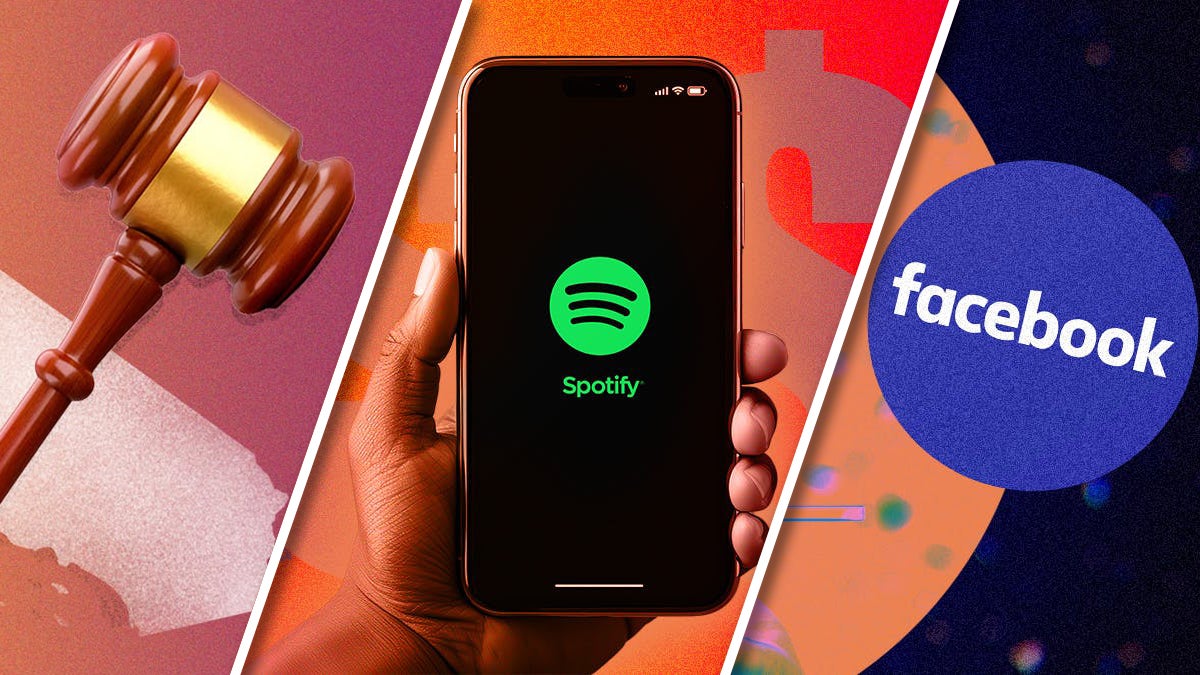
Happy new year from all of us at Passionfruit! After an exciting and sometimes challenging 2024, we’re going full steam ahead into the new year.
This week’s edition (and 2025’s first) Weekend Roundup has everything you need, from the latest TikTok ban news to upcoming laws against “addictive” social media feeds. We’re also getting our heads around AI bots coming to Meta and the new Spotify Partner Program, among other things.
For the full stories, be sure to keep reading.
Trump Asks Supreme Court To Pause TikTok Ban
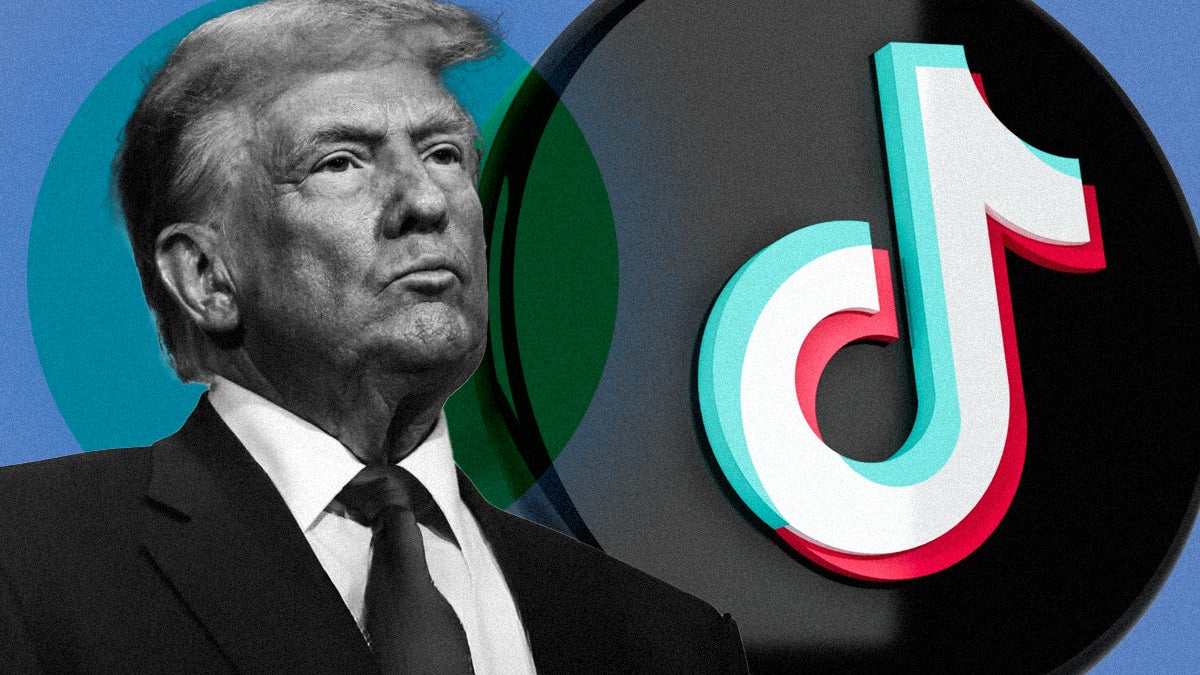
Another day, another Trump/TikTok story. As we know, TikTok failed to convince the Courts of Appeal to extend the “divest or sell” deadline past Jan. 19. The purpose of extending this deadline was to give the Supreme Court time to determine its view on the ban. But while the Supreme Court agreed to hear the case on Jan. 10, it too rejected the app’s request to delay the ban.
So, future president Donald Trump had a crack at it. In a legal filing, Trump asked the court to extend the deadline so he and his administration can find a “political solution” to this problem. But will this work? Find out more in the full piece here.
AI Bots Are Descending On Meta Apps
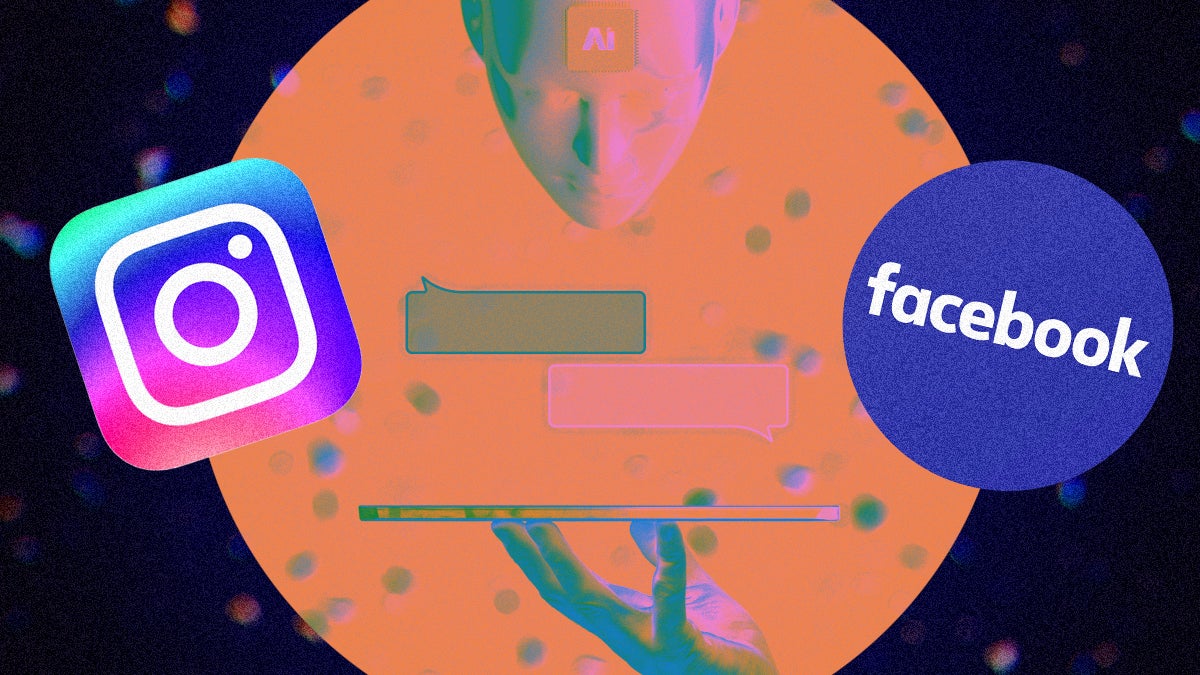
Meta is rolling out a different kind of oomfie, as it introduces AI bots on platforms like Facebook and Instagram. Like any other user, these AI bots will have profile pictures and bios. They’ll also share content; although the difference is that the content they share will be — you guessed it — AI-generated.
However, some experts aren’t fully on board with the innovation, with one arguing that, without “robust safeguards,” platforms will be unable to prevent the spreading of misinformation and “false narratives” perpetuated by these bots. You can read the full article here.
Best OnlyFans Alternatives for Creators
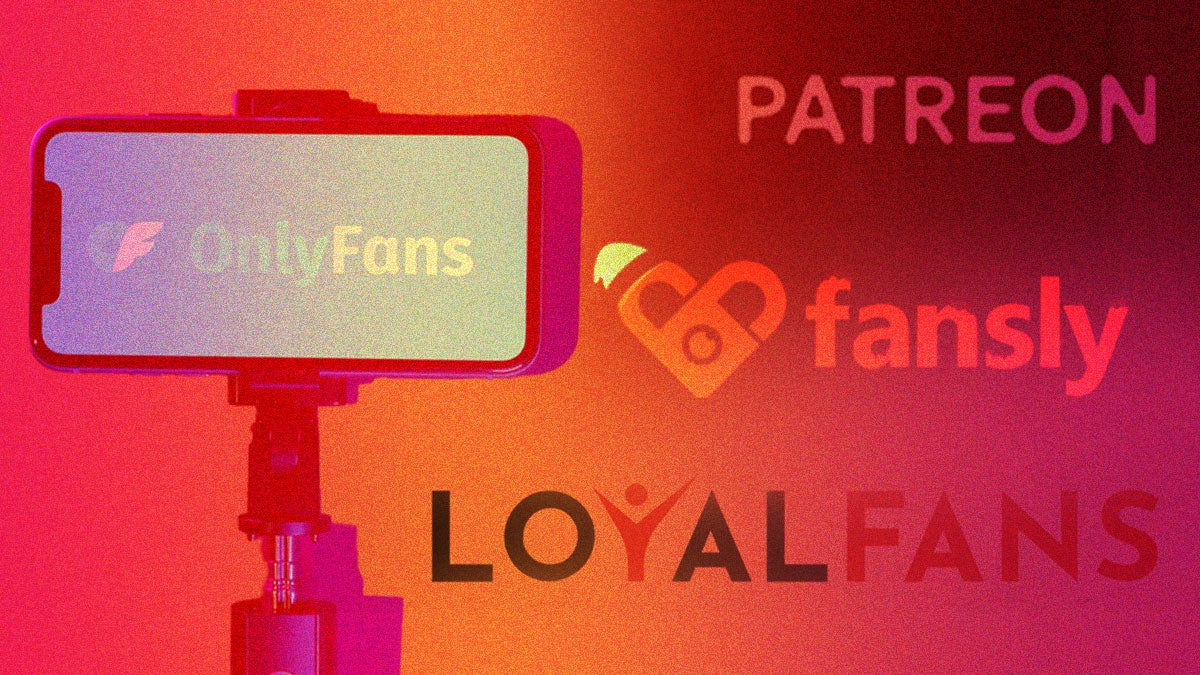
Since its 2016 launch, OnlyFans has made a name for itself as the top premium platform for adult content. As of December 2024, there are 4.1 million OnlyFans creators, but the platform hasn’t been without controversy. In 2020, a security breach on the site led to one terabyte of creators’ data being shared publicly. Then, the following year, the platform briefly banned adult content before reversing its decision following an outcry from creators.
With all this in mind, many creators are seeking an alternative platform, and writer Liz Plank goes through all the options in a new article. Considering factors like revenue percentage, check out her run-down here.
The Spotify Partner Program Is Here
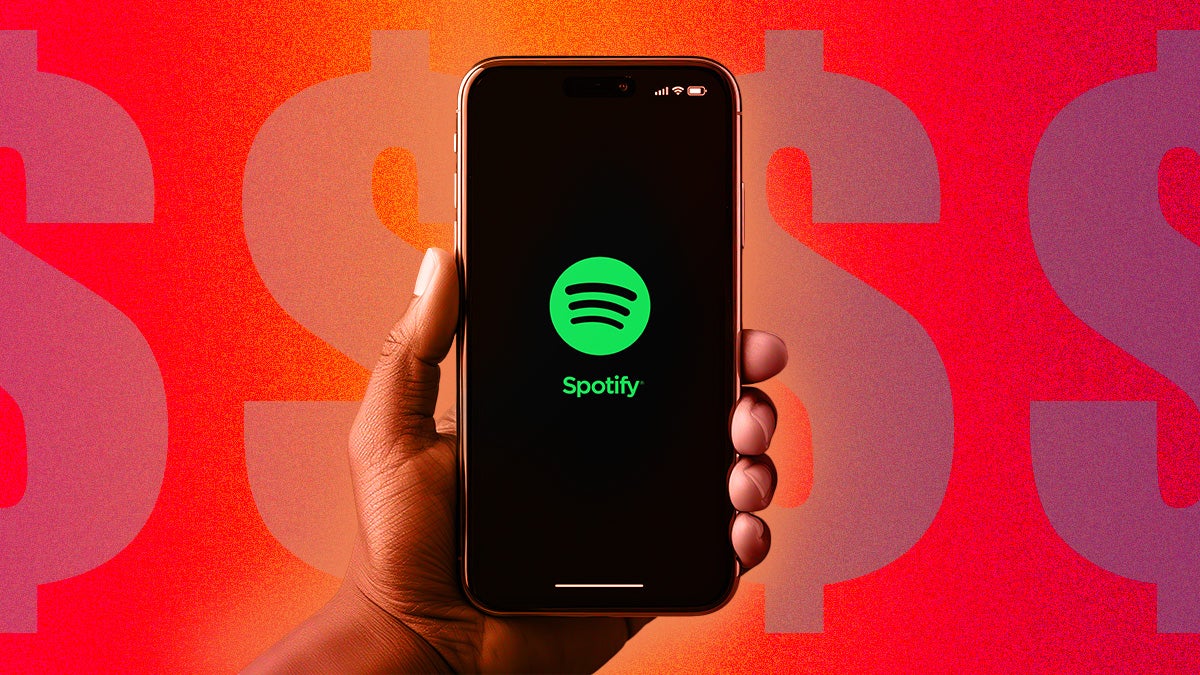
Since its announcement in November, creators have been eagerly waiting for the Spotify Partner Program. The program allows creators to monetize their content in two ways. Firstly, creators can earn video revenue when Premium users stream their show. Secondly, they’re able to earn money from Free users when a Spotify advert appears in their content — even if it is on another streaming platform.
Spotify claims that more than 65% of eligible creators have enrolled in the program since its announcement in November. To find out what all the fuss is about, you can read the full article here.
A Major Social Media Ban Is Coming To California
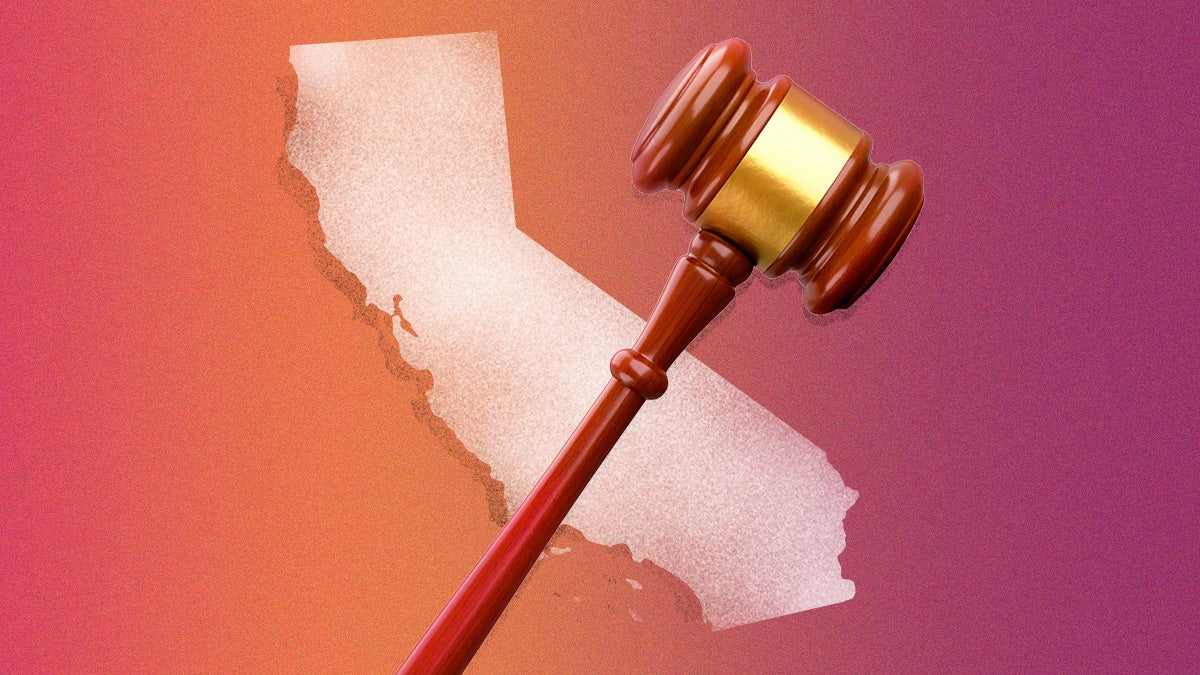
A new California law, which is known as SB976, puts the onus of responsibility on social media platforms to stop young people from accessing “addictive feeds.”
The law makes it “unlawful for the operator of an addictive internet-based service or application, as defined, to provide an addictive feed to a user unless the operator does not have actual knowledge that the user is a minor.”
Big Tech companies like Google, Meta, X, and Snap tried to fight back via lobby group NetChoice, but federal judges ruled against their argument that this law violates the First Amendment. The law is set to come into effect from January 2027. To learn more about this, check out the article here.




